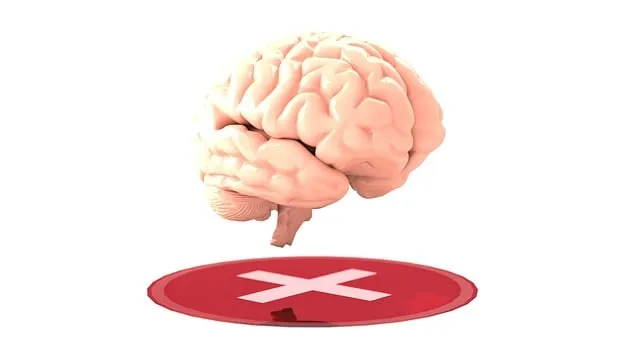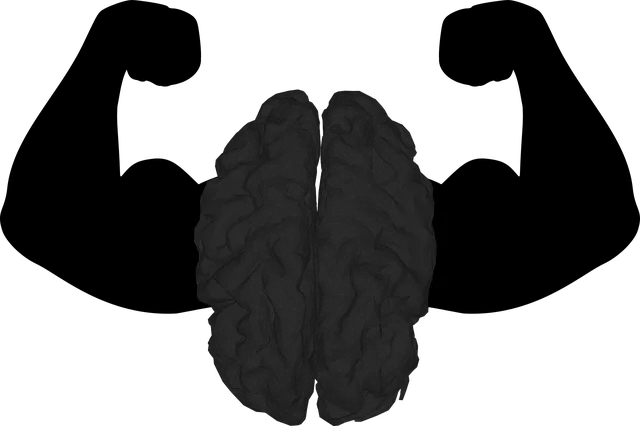Crisis Intervention Teams (CITs) at Kaiser Permanente mental health Wheat Ridge are vital for swift and compassionate mental health care. Trained personnel utilize de-escalation techniques and post-crisis follow-up strategies to prevent escalations and burnout, addressing a key industry concern. Comprehensive training covers crisis assessment, self-esteem improvement, and mindfulness meditation, fostering emotional resilience and personal growth among staff. This holistic approach enhances patient outcomes while creating a healthier work environment, making Kaiser Permanente Wheat Ridge a leader in community mental health services.
“In the realm of mental health care, effective crisis intervention is paramount. Understanding Crisis Intervention Teams (CITs) – specialized groups trained to handle psychological emergencies – is crucial. This article explores the vital role CITs play in managing crises and offers an in-depth look at Kaiser Permanente Wheat Ridge’s comprehensive training programs.
We’ll delve into the benefits and impact of such initiatives, highlighting how these programs prepare professionals for swift and effective crisis response in mental health settings.”
- Understanding Crisis Intervention Teams: A Vital Resource in Mental Health Care
- Kaiser Permanente Wheat Ridge: An Overview of Their Training Programs
- Benefits and Impact: Preparing for Effective Crisis Response
Understanding Crisis Intervention Teams: A Vital Resource in Mental Health Care

Crisis Intervention Teams (CITs) are a vital resource in mental health care, especially within healthcare organizations like Kaiser Permanente Wheat Ridge. CITs consist of specially trained personnel who can quickly and effectively respond to individuals experiencing a mental health crisis. This proactive approach ensures that patients receive immediate support, preventing potential escalations or harmful outcomes. By integrating these teams into healthcare settings, facilities like Kaiser Permanente can enhance their ability to provide compassionate care while mitigating staff burnout—a growing concern within the industry.
The design of mental health education programs and trauma support services plays a pivotal role in preparing CIT members. Training should encompass various aspects, including crisis assessment, de-escalation techniques, and post-crisis follow-up strategies. By equipping healthcare providers with these tools, hospitals can foster an environment that supports both patients and staff, ultimately improving overall mental health care outcomes.
Kaiser Permanente Wheat Ridge: An Overview of Their Training Programs

Kaiser Permanente Wheat Ridge stands out for its commitment to mental health and well-being, offering a range of crisis intervention team training programs. Their approach focuses on empowering individuals to handle critical situations effectively. The organization provides comprehensive training that includes specialized workshops and continuous education, ensuring professionals are equipped with the latest techniques in mental health support.
One notable aspect of their programs is the emphasis on self-esteem improvement and mindfulness meditation as tools for both personal and professional growth. These techniques not only enhance mental wellness coaching programs but also foster a culture of emotional resilience within teams. By integrating practices like mindfulness, Kaiser Permanente Wheat Ridge prepares crisis intervention teams to offer compassionate and skilled support in high-pressure environments, making their training programs a valuable resource for the community seeking improved mental health services.
Benefits and Impact: Preparing for Effective Crisis Response

Crisis intervention team training programs are invaluable for organizations like Kaiser Permanente mental health Wheat Ridge, aiming to enhance their response to crises. These programs prepare teams with the skills and knowledge needed to effectively support individuals experiencing emotional distress or trauma, fostering a culture of resilience within the workplace. By equipping employees with Trauma Support Services, organizations can ensure that help is readily available and delivered competently during critical moments.
Beyond immediate crisis management, comprehensive training encourages the adoption of Self-Care Practices among team members, promoting mental wellness in the long term. This holistic approach not only benefits individuals but also contributes to a healthier, more productive work environment overall. Through such initiatives, Kaiser Permanente mental health Wheat Ridge demonstrates its commitment to not just treating symptoms, but fostering environments that actively support and nurture Mental Wellness.
Crisis intervention team (CIT) training programs, such as those offered by Kaiser Permanente Wheat Ridge, play a crucial role in enhancing mental health care. By equipping professionals with the necessary skills, these initiatives ensure a swift and effective response during crises. The benefits are clear: improved patient outcomes, reduced time in crisis situations, and better-prepared healthcare staff. With the increasing demand for mental health services, investing in CIT training is essential, allowing Kaiser Permanente and other organizations to provide more efficient and compassionate care to those in need.






